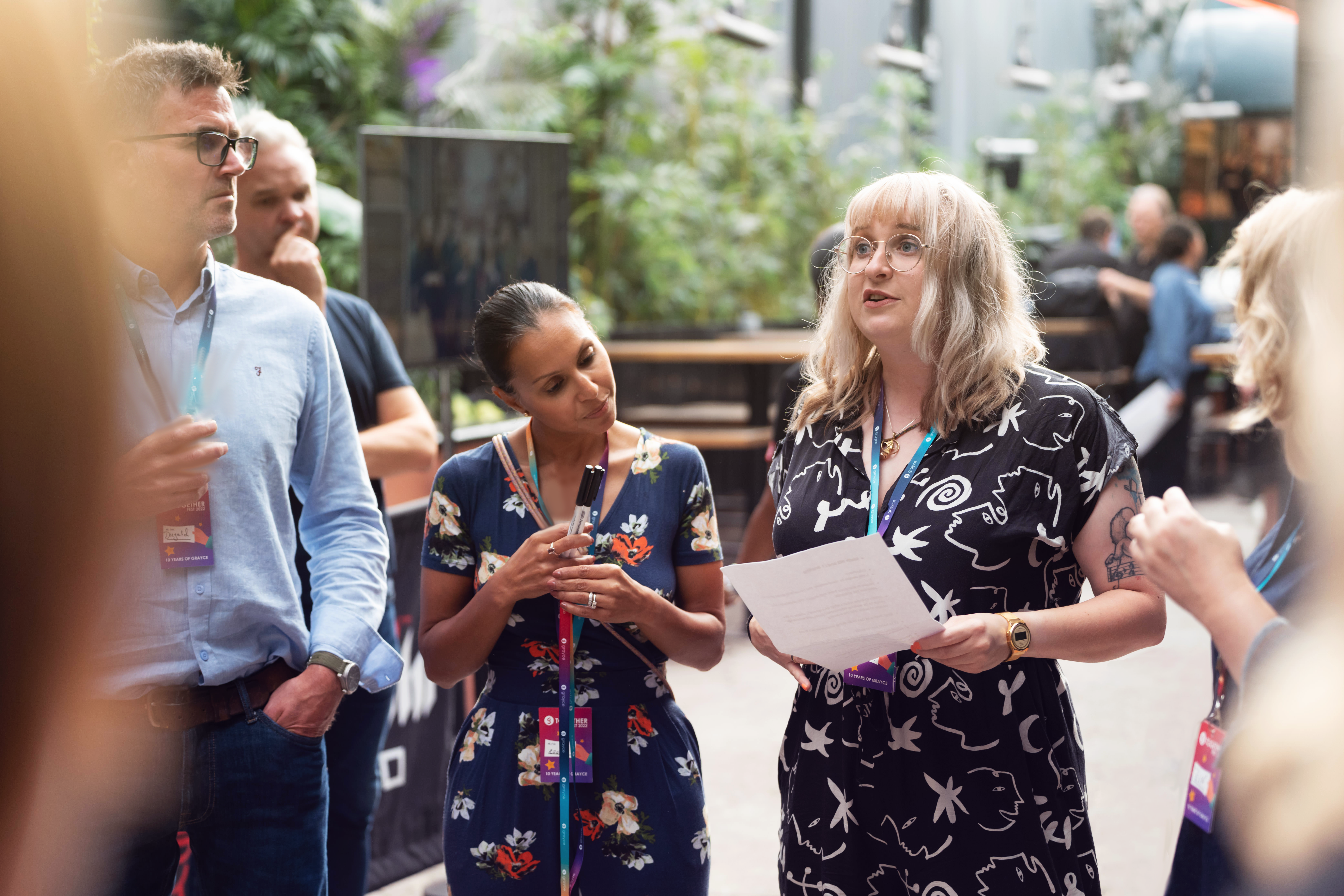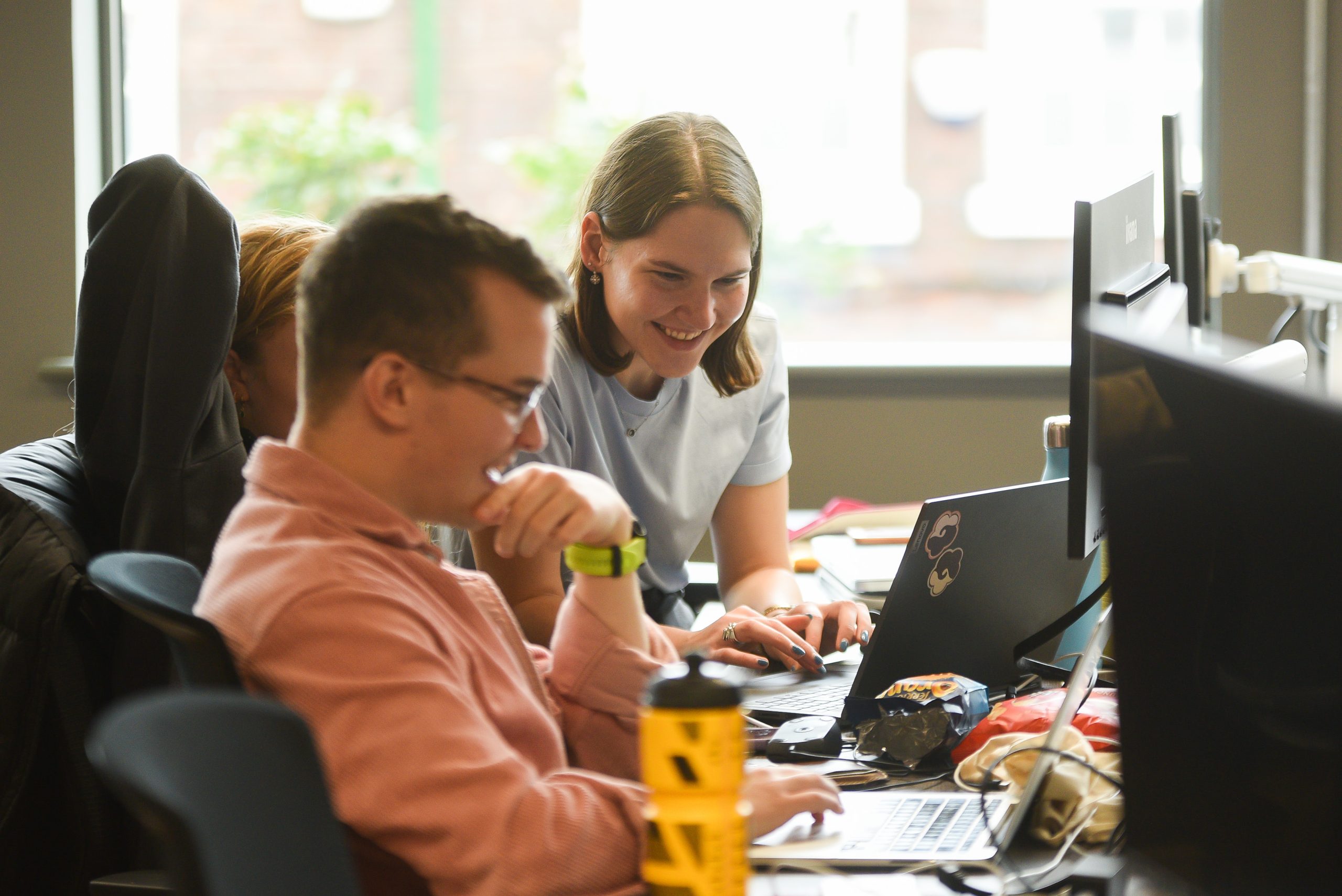
My reflections on university and working life one year after graduating
Grayce Analyst, Sunil Karsan shares observations on the working world one year on from graduating.
In July 2019, I graduated from University having completed three years of study, with one year in industry. It was an amazing day that I had looked forward to after the years of education from school through to university. I finally had a degree in Law! It was a proud moment for myself, my parents and family as I joined my sister and older cousins in obtaining a degree.
This time last year, I was in the transition period between university and working life. I had a couple of weeks off to move back home, relax and see family and friends. Time has certainly flown by! In this blog, I want to compare student life to working life and reflect on changes I've seen in myself over the year.
1) Continued studying
Despite leaving university, the studying hasn't stopped. I know many students are glad to leave and think that they won't be sitting any further exams, but that's not always the case.
Over the last year, I've had the opportunity to carry out professional studies and obtain further qualifications through Grayce, ranging from Project Management to Business Analysis. I've enjoyed studying, and learning and development throughout my life will never stop in my opinion!
2) Networking
As a student, you tend to be around your friends who study at the same university. You also have people who are teaching you, placement teams, and careers fairs to speak to potential employers. This is great and gives you exposure without a doubt. But one thing I noticed since working is that there is much more exposure to different people both internally and externally.
Personally speaking, working gave me the chance to speak to people at different levels in my client site, but also suppliers based globally in different fields and service providers. I made it a goal to connect with those I worked with on LinkedIn and now have 500+ connections.
3) Work management
As a student, the main thing to worry about is submitting coursework on time and taking exams. There is always the option to defer coursework and exams if there are extenuating circumstances. And some students sometimes miss lectures and sessions. That completely changes when at work. Whether you feel like it or not, the reality is that you have to go to work to ensure your tasks are completed on time and to a high standard. Working means that you are now more accountable and responsible for real-life work.
4) Team work & collaboration
My course didn't require me to carry out group work, where my grade was dependent on another person's performance. But having spoken to people who have done group work, I hear both good and bad experiences. The good part of teamwork at university is that different students are likely to be skilled in different areas, so work is divided to ensure everyone knows exactly what they are doing.
Some of the negative experiences, on the other hand, include people not paying attention and leaving work to be done by others in the team. It means the team have to take on extra work, and yet the individual gets the same marks, completely unfair right? In the workplace, that completely changes.
Yes, we work as a team, but the change seen here is that everyone does what is required and more. Work is also divided up per team member where each person works on what they excel at and specialise in, but there is much more accountability here. If work is not completed on time or to a high standard, it can be noticed very quickly and people will ask why things are delayed and not being escalated. Fortunately for me, the teams I work with at my client are open and always happy to help where needed.
5) Managing stakeholder expectations
This is about the people we work with and how to manage different situations. Being in the workplace, I have dealt with many people both internally and externally. I have dealt with managers at different levels, directors and senior directors, C-level executives, and in some cases CEOs of small and medium-sized enterprises.
Having worked with these individuals, I quickly noticed that they all work in different styles. One major aspect was communication. Whilst a manager wanted detail, I found that C-level execs and CEOs wanted succinct information, without detail. Learning what and how to write professionally was initially a challenge, but something I have picked up and will constantly improve on as time goes by.
6) Agility
This is about being flexible, adaptable and working in a way which is fluid and not restrictive. With all stages of education, we find that there is a strict timetable. Specific sessions have to be attended at the same time - every day or every week. This is different at work, and there are fewer things that happen on a regular basis.
In the position I have worked in so far with my client, I've needed to constantly adapt and change what I am concentrating on. I can go from working on a late payment, to negotiating terms in a contract, to doing some SharePoint development work. Whilst it has been demanding for me to switch from one aspect to the other, it has been interesting as I never work on the same thing for too long. Having that constant change has given me the opportunity to improve my ability to work in a fast-paced environment which is constantly changing.
Overall, grad life is definitely different from student life, and I certainly do miss it (I mean, who doesn't?). Work-life so far on the Grayce Development Programme has treated me well, and hope it carries on in the future too!
This article was originally published on Sunil's LinkedIn profile here.
Find out more about how Grayce supports leading organisations nationwide




